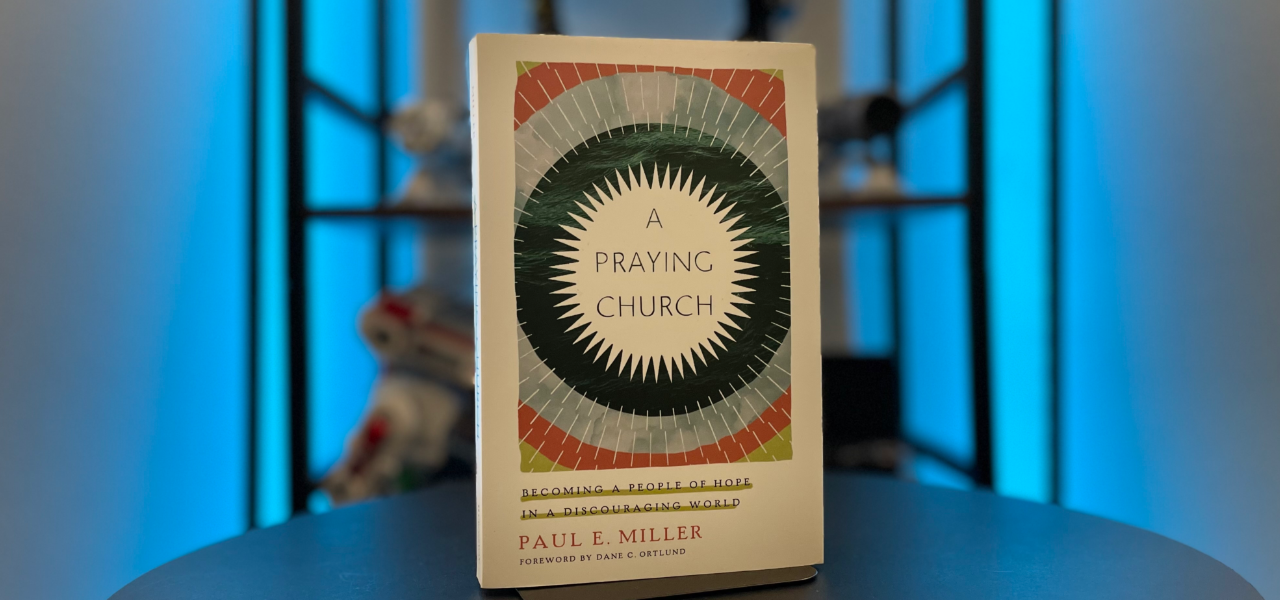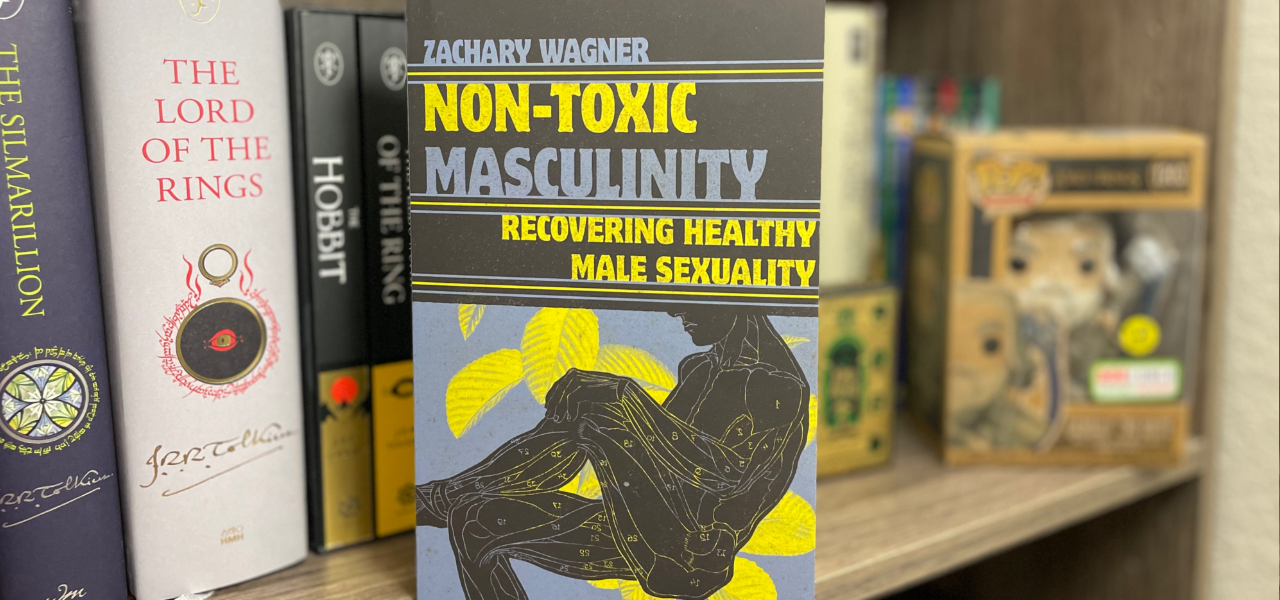Rest

Matthew 11:28-30
“Come to me, all of you who are weary and burdened, and I will give you rest. Take up my yoke and learn from me, because I am lowly and humble in heart, and you will find rest for your souls. For my yoke is easy and my burden is light.”
I love these verses. Chances are you do too. We put them on mugs, hang them in our homes, and use them as wallpaper on our phones. But, I’ve got to be honest. These verses aren’t something I have a lot of experience experiencing. Rest for my soul? What does that even mean? I mean, I’ve read some really good books about it. Great books. But one of the things I am learning about myself is that it’s very easy for me to settle for just head knowledge. (Which is important. Necessary even.) But I forget I am more than just a brain. After a while, my soul has a way of saying “Hey, I know you’ve got this information up there in the head, but we need it down here. You’re more than just a brain. Vulcans aren’t real. You’re not one. Also, you’re a nerd.”
The idea of “rest for my soul” is something that I have prayed a lot about in the last few years. Verses like Psalm 116:7 that say “Return to your rest, my soul, for the LORD has been good to you.” would bug me because I didn’t know what to return to. Then I began to realize I am bad at receiving love. Compliments, appreciation, affirmation, I keep it all at arm’s length. I don’t allow myself to receive verbal praise or affirmation of any kind. “I haven’t earned this. I don’t deserve it. I haven’t proven that this is true of me.” I understand in a theological sense that none of us deserve God’s goodness, that’s why it’s called goodness, not fair compensation. But something in me says I’ve got to earn it. I can’t emotionally receive his affirmation and love, even when it comes through something as simple as a compliment from a friend.
Recently God has been showing me this through several different ways. A few weeks ago we went to some dear friend’s home to pick oranges and then juice said oranges. They have over 30 orange trees on their property which produce thousands of oranges. Every year they have a big party with friends and pick the oranges, juice them, and then feast on all kinds of good food. It’s hard to put into words how good for my soul that was. It’s soul-enriching to celebrate the goodness of God like that. It also helped me understand why there are so many feasts and celebrations in the Old Testament. Or why Jesus’s first official sign was at a wedding ceremony and his miracle basically kept the party going. Or why the early church created the liturgical calendar. The regular times of celebrating (and celebrating well) God’s goodness are enriching. We are so busy rushing from one task to the next. Intentionally celebrating is vital for the soul. I can remember the rest I experienced in my heart as we enjoyed God's bounty.
The week after that was my birthday and my wife and kids celebrated me a ton. Several times I kept saying I didn’t deserve it and my wife finally said, “Stop talking about my husband that way.” (She’s great.) And so I just received the love they were showering on me and I remember thinking, “God really loves me.” And for one of the first times in my life, I felt it. I knew it. Not just on an academic level, but I was experiencing it in my heart. As we celebrated God's blessing and as I allowed my heart to receive God's love through my family and friends I was amazed at what my soul experienced. Rest. No earning. No striving. No, “I don’t deserve this, so I won’t receive it.” (What pride!) Just rest. What a gift. What peace.
I still have a lot to learn about this. We are currently trying to incorporate an actual Sabbath. (Not just a day off to run errands, or veg out.) I’m just beginning to study the liturgical calendar so I can build into my life rhythms of fasting, remembering, and celebrating the goodness of God. I’m learning how connected spiritual and emotional health is. I’ve got a ways to go. But I think I’m finally understanding what Jesus was talking about.




